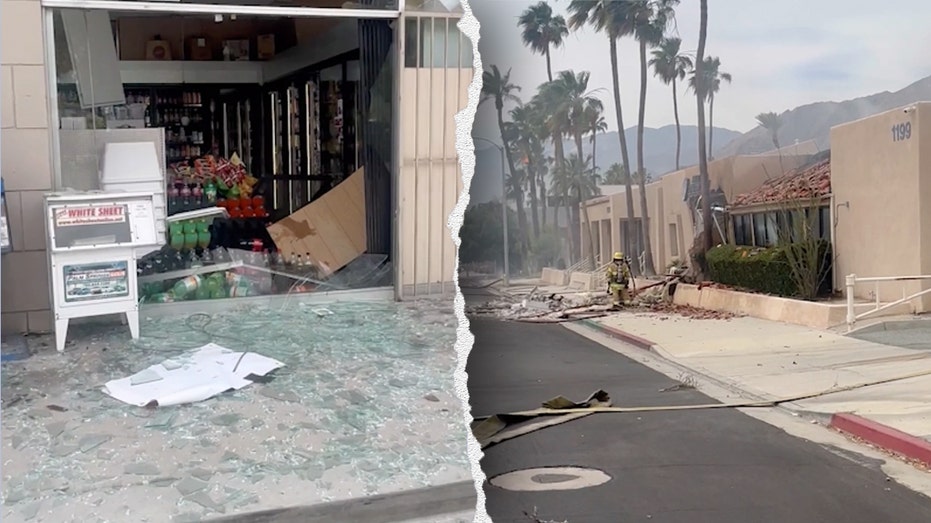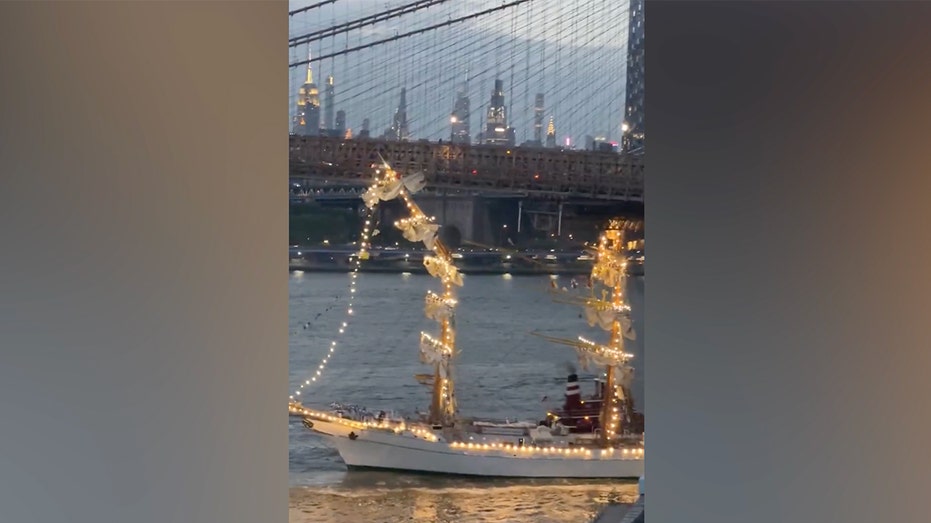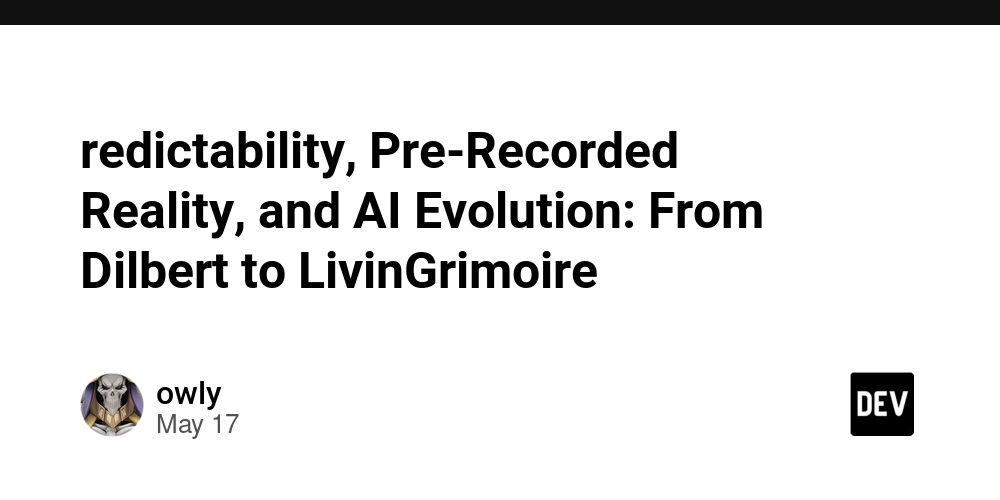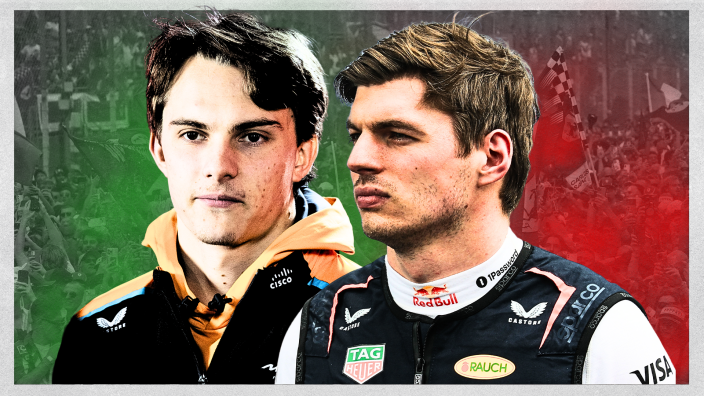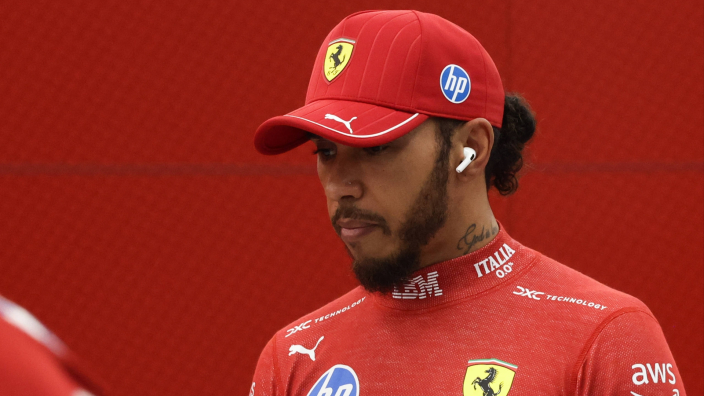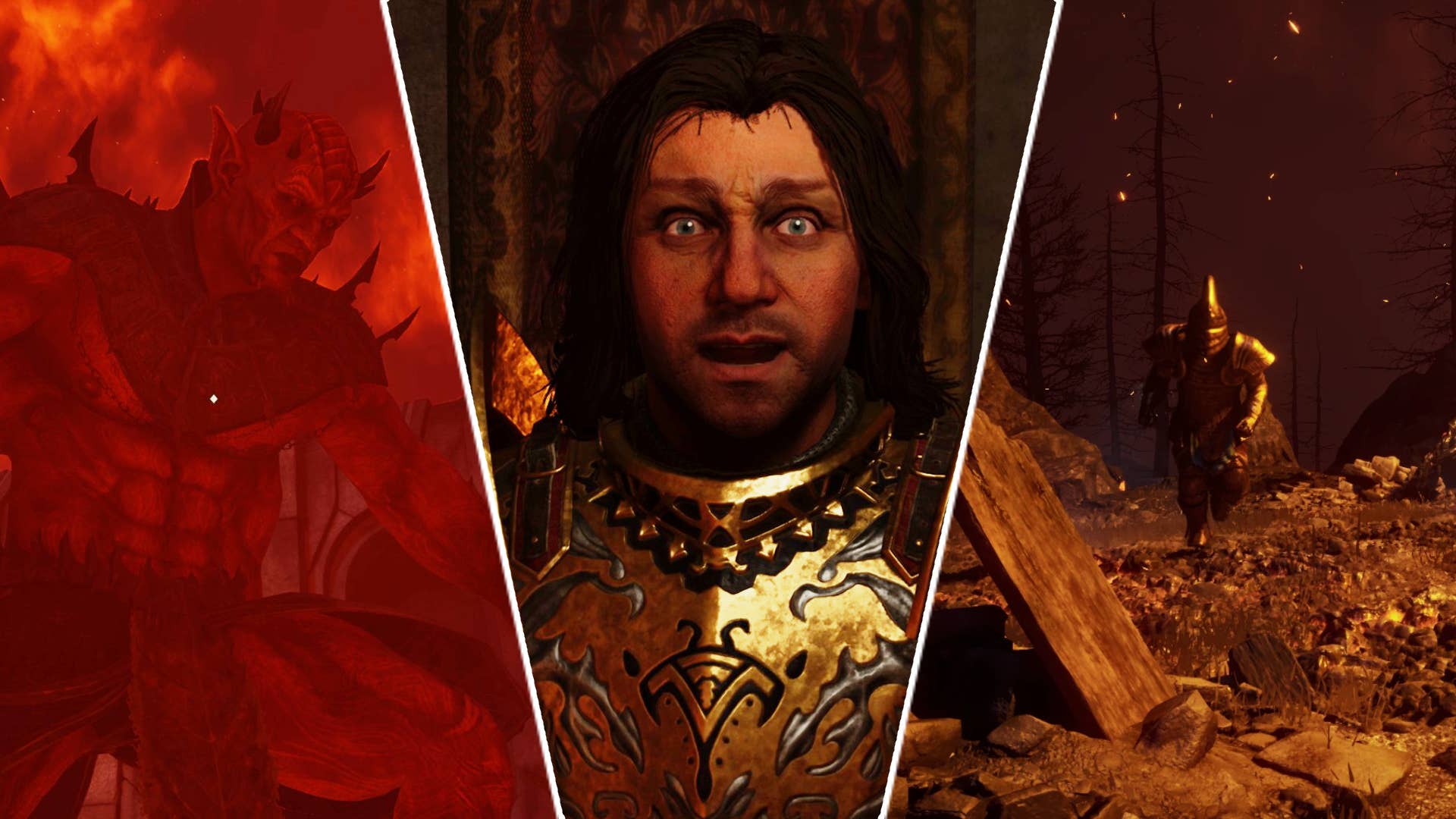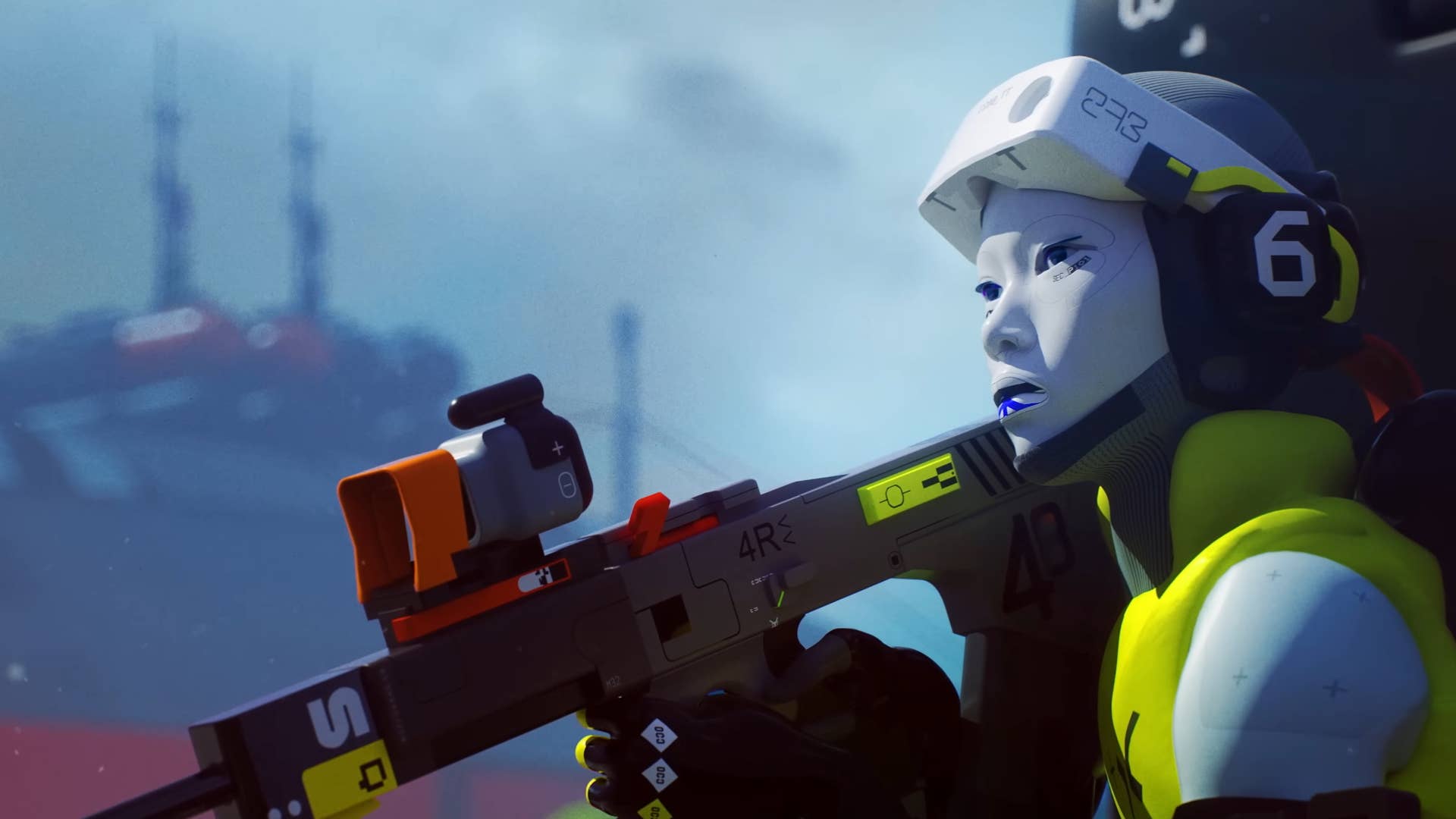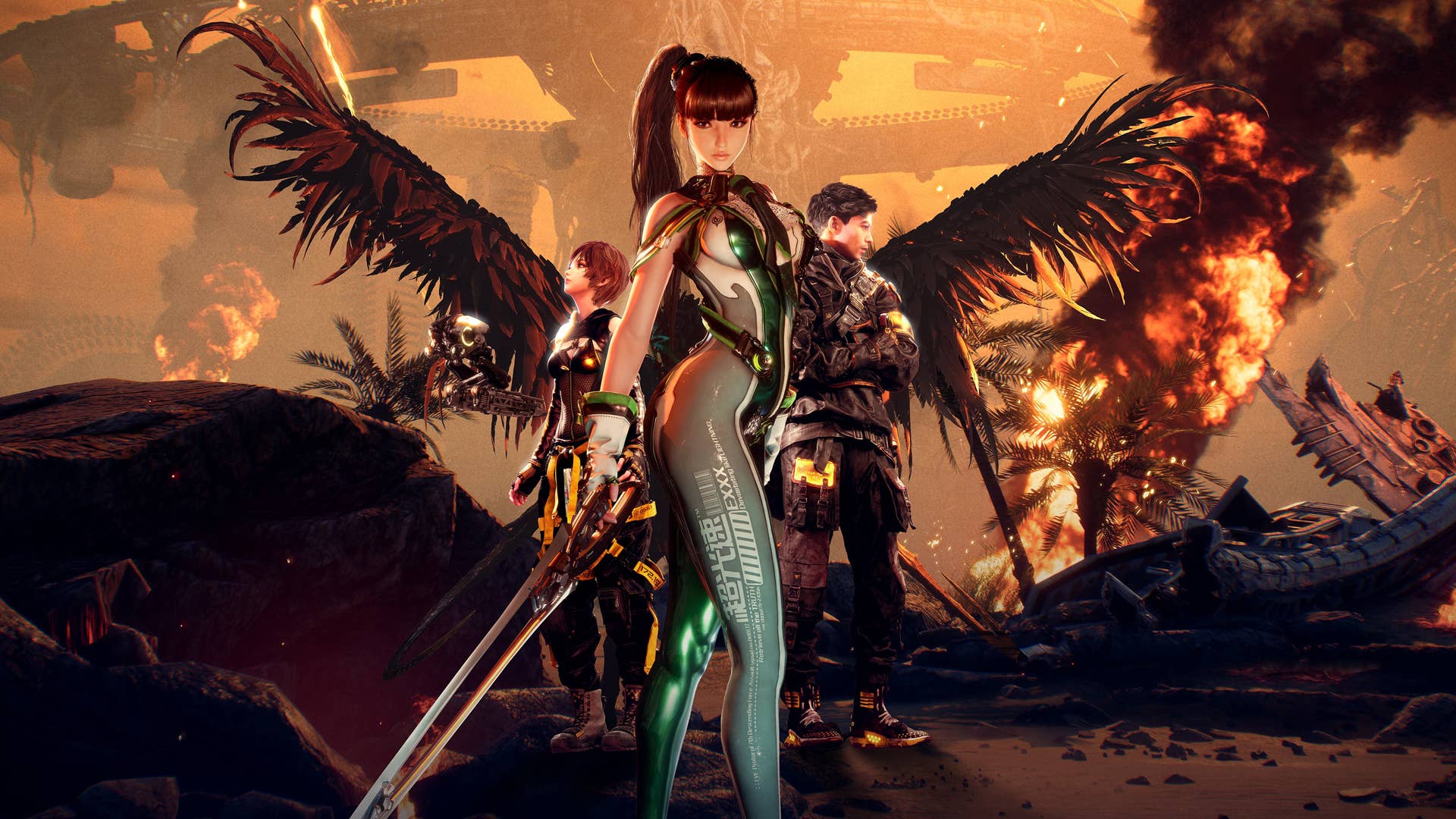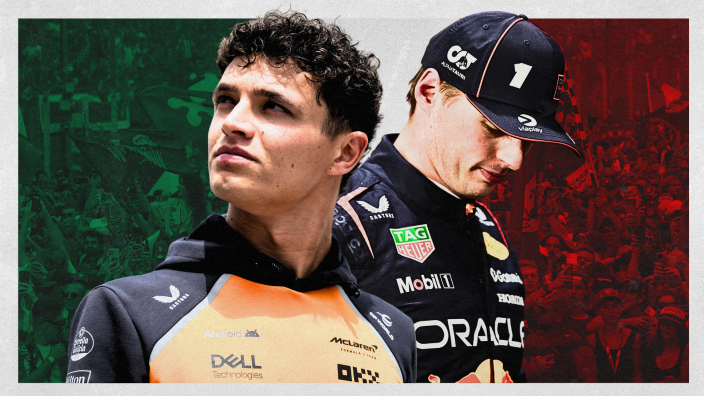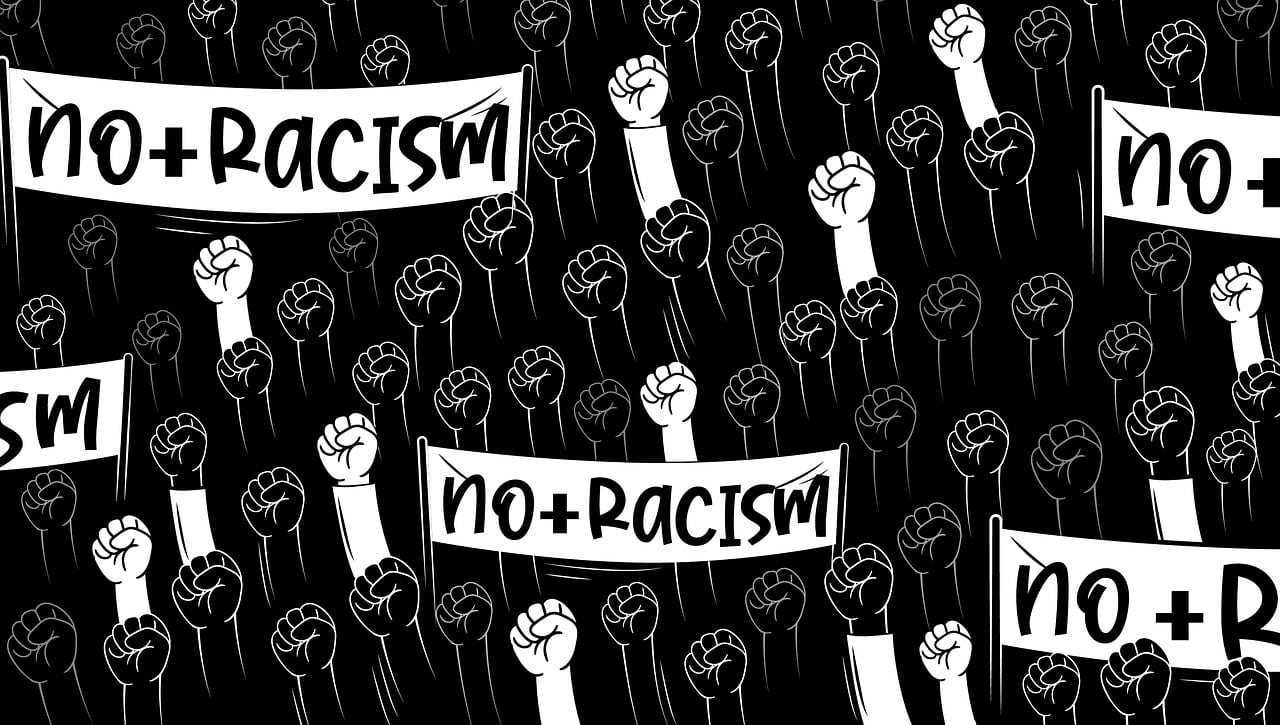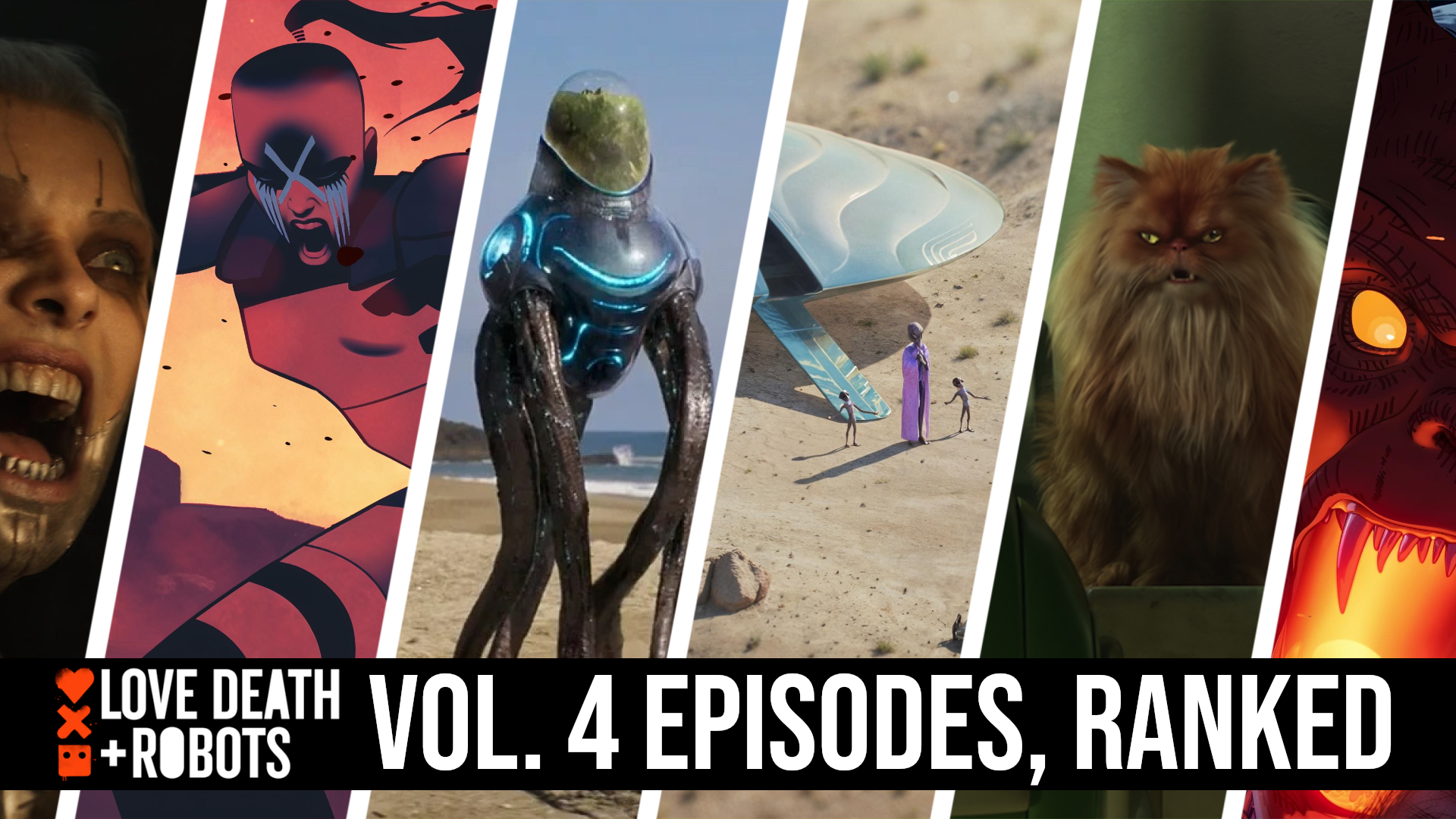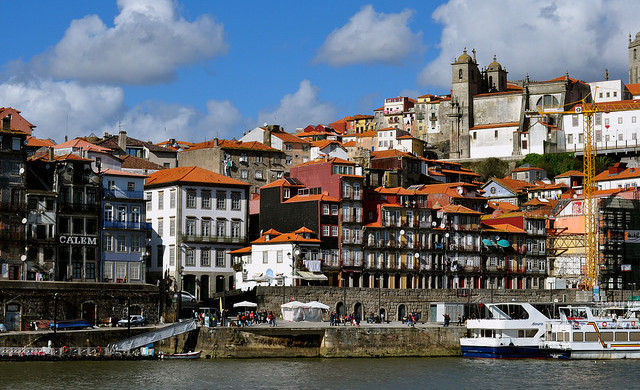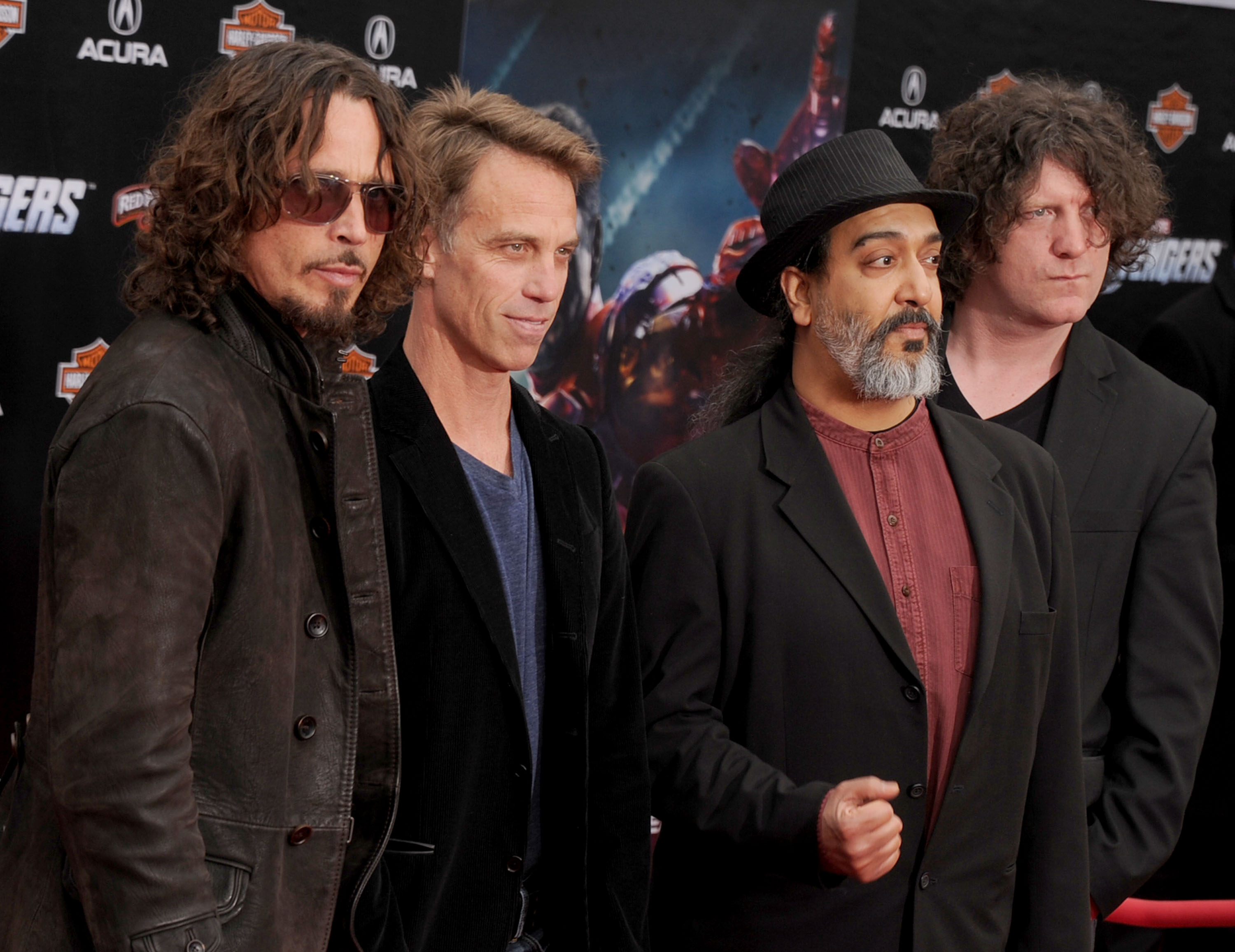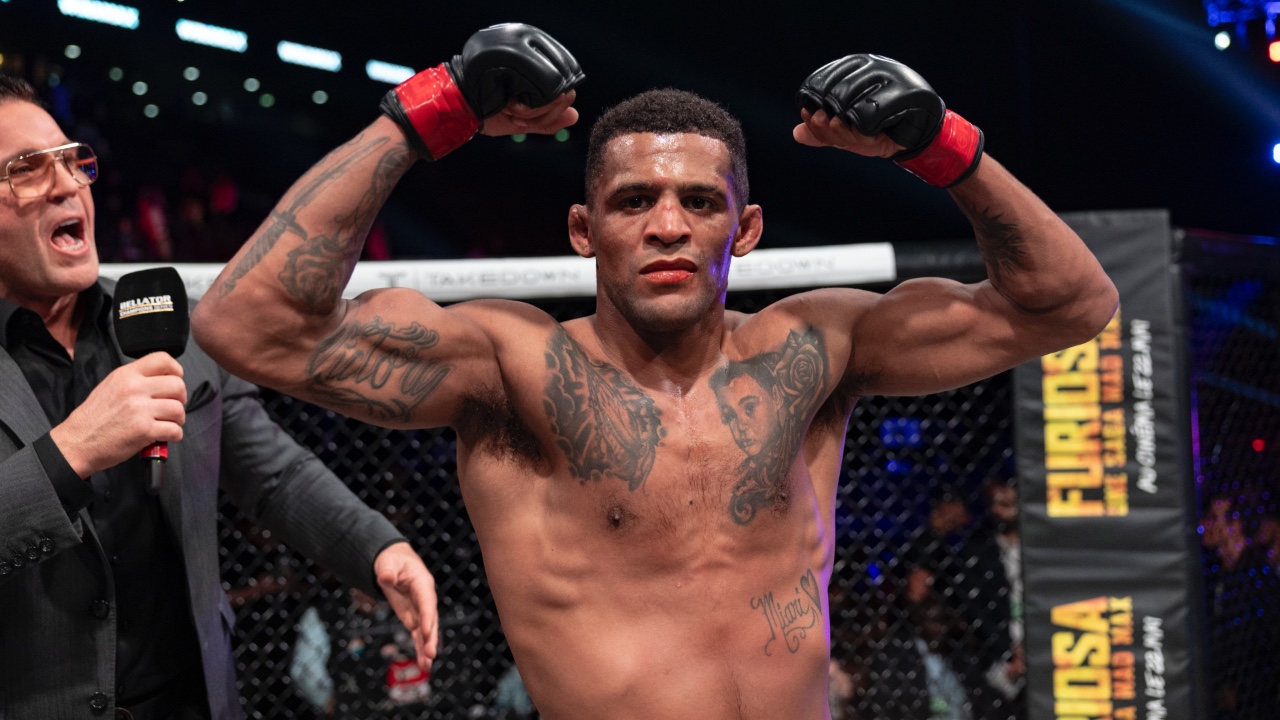10 Great 1970s Western Movie Classics You Probably Haven’t Seen
The 1970s was a turning point for the Western. While the genre was no longer the box office powerhouse it had been in previous decades, filmmakers were pushing boundaries, experimenting with style, and reinterpreting familiar tropes. The decade saw revisionist Westerns as well as Spaghetti Westerns continuing to deliver operatic gunfights, and even genre hybrids […]


The 1970s was a turning point for the Western. While the genre was no longer the box office powerhouse it had been in previous decades, filmmakers were pushing boundaries, experimenting with style, and reinterpreting familiar tropes.
The decade saw revisionist Westerns as well as Spaghetti Westerns continuing to deliver operatic gunfights, and even genre hybrids bringing fresh ideas into play. While many classics have rightly received their due, plenty of great Westerns from the era have been overlooked. Here are ten that you might have missed.
1. Rio Lobo (1970)

Howard Hawks’ final film, Rio Lobo, often gets overshadowed by his earlier classics like Red River (1948) and Rio Bravo (1959), but it’s still a solid Western with plenty to offer. Starring John Wayne in one of his late-career roles, the film is essentially a reworking of Rio Bravo, with Wayne once again playing a tough, no-nonsense hero (what else?) leading a ragtag group against corrupt forces.
The story follows Cord McNally (Wayne), a former Union officer hunting down traitors who betrayed his regiment during the Civil War. This search leads him to the town of Rio Lobo, where he teams up with a young gunslinger and a vengeful woman to take on a ruthless sheriff and his cronies.
While Rio Lobo doesn’t break new ground, it’s an enjoyable old-school Western with romping action sequences and a charismatic performance from Wayne. Hawks’ direction, even in his final outing, after a quite staggering career, is confident and assured, delivering a film that, while formulaic, remains a satisfying genre entry. It sometimes feels like a latter-day Clint Eastwood directorial piece, not necessarily his finest work, and yet utterly consistent and replayable.
2. Zabriskie Point (1970)
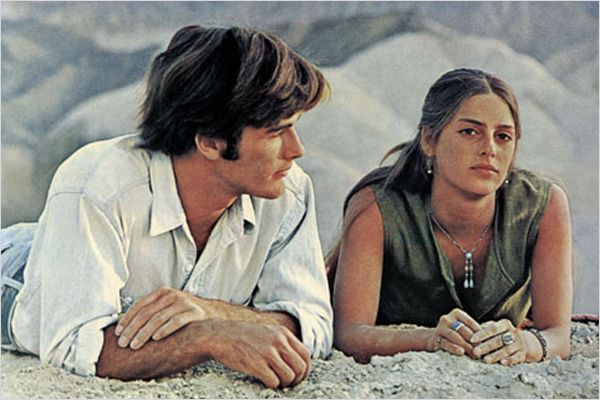
While perhaps not a Western in the traditional sense, Zabriskie Point captures the spirit of the genre in a radical, counter-cultural fashion. Michelangelo Antonioni’s take on America is a visually stunning meditation on rebellion, capitalism, and the open landscape of the West.
The film follows a young man who, after a student protest turns violent, steals a small plane and flies out into the desert, where he meets a free-spirited woman. Their brief romance unfolds against the vast emptiness of Death Valley and the exoticism of Antonioni’s style is almost inevitably accompanied by dreamlike visuals.
For those expecting a conventional narrative, Zabriskie Point can be frustrating—it’s more about mood, imagery, and political subtext than storytelling. And indeed, there are many critics who have repeatedly piled in on the film over the years, but its haunting final sequence, featuring a slow-motion explosion set to Pink Floyd’s music, is one of the most striking endings in any film, let alone a Western-adjacent one. Zabriskie Point isn’t for everyone, but like it or not, it remains a film that demands a conversation more than fifty years on.
3. El Topo (1970)

Alejandro Jodorowsky’s El Topo is about as far from your average Western as you can possibly get. A surreal, mystic journey through the desert, the film blends Spaghetti Western tropes with philosophy, religious allegory, and a heavy dose of psychedelia. An Acid-Western, if you like.
Jodorowsky himself plays the titular gunslinger, who embarks on a spiritual quest, battling a series of master gunfighters before undergoing a profound transformation. The film is packed with bizarre, violent, and often disturbing imagery, but beneath its madness is a deeply philosophical core.
A key film in the ‘midnight movie’ movement, El Topo, like much of Jodorowsky’s work, has become a cult sensation, drawing praise from figures like John Lennon. Its influence can be felt in everything from Mad Max to The Mandalorian; yet it remains detached from mainstream cinema. This might well be understandable, but El Topo (despite its numerous controversies) is arguably Jodorowsky’s most accessible film, if only for its obvious Western influences.
4. The Last Movie (1971)
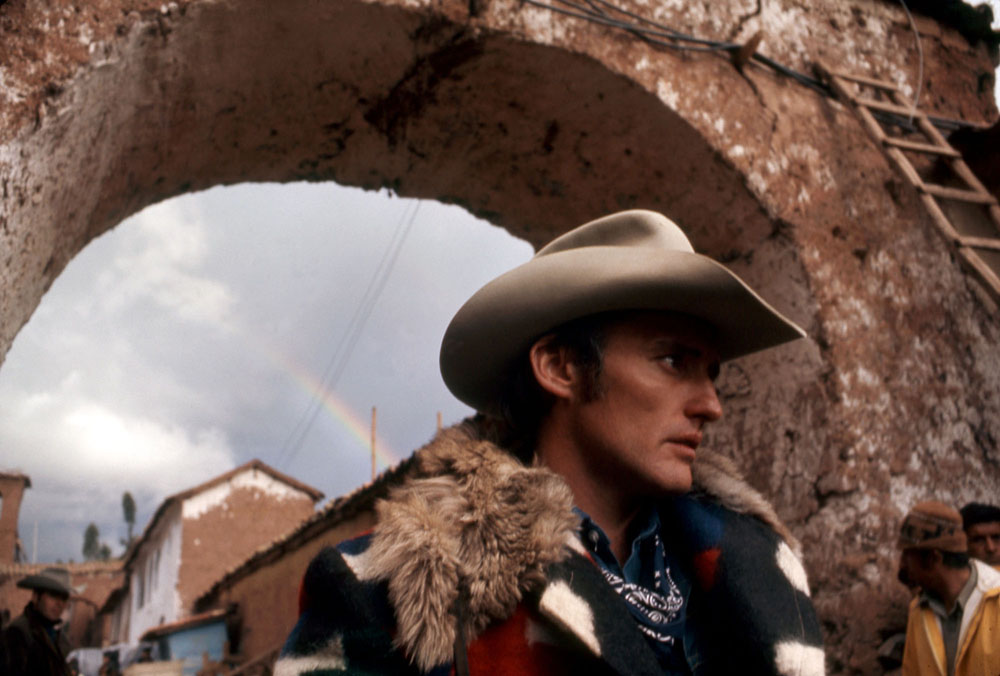
The more well-known Easy Rider (1969) might itself be considered a reinterpretation of the Western, but too few people dipped their toes into Dennis Hopper’s cinematic return, 1971’s The Last Movie, a film that pushed the boundaries of cinema and ultimately alienated audiences and critics alike.
A meta-Western about filmmaking itself, it tells the story of a stuntman (Hopper) working on a Western in Peru, who stays behind after production wraps and becomes entangled with the locals in what becomes an increasingly bizarre and voodoo inflicted piece.
The Last Movie critiques Hollywood’s myth-making, upending potential genre cliches completely while blurring the lines between fiction and reality. Its unconventional structure and experimental style might well make it a challenging watch, but The Last Movie is a fascinating relic of 70s counterculture, offering a raw, hallucinatory take on a field of cinema that surprised its audiences at the time, and continues to be divisive today.
5. Red Sun (1971)

One of the strangest yet most entertaining Westerns of the decade, Red Sun is a genre mash-up that brings together samurai and cowboys in a way that shouldn’t work, but somehow does. Directed by Terence Young, who also directed three Bond films in the 60’s, the film stars Charles Bronson, Alain Delon, and Toshiro Mifune—without doubt one of the most impressive international casts ever assembled for a Western.
Bronson plays an outlaw, Link, who is double-crossed by his partner Gauche (Delon) during a train robbery. In the process, a priceless samurai sword is stolen, leading Mifune’s Kuroda to join forces with Bronson in pursuit of the thief. What follows is a madcap and truly unique East-meets-West revenge tale filled with blistering action, betrayal and a huge slice of dry humour; a tone that was perhaps the reason it was dismissed too easily on its release. Red Sun is self-aware as well as being a bombastic alternate Western and deserves a moment in the sun. Ahem.
